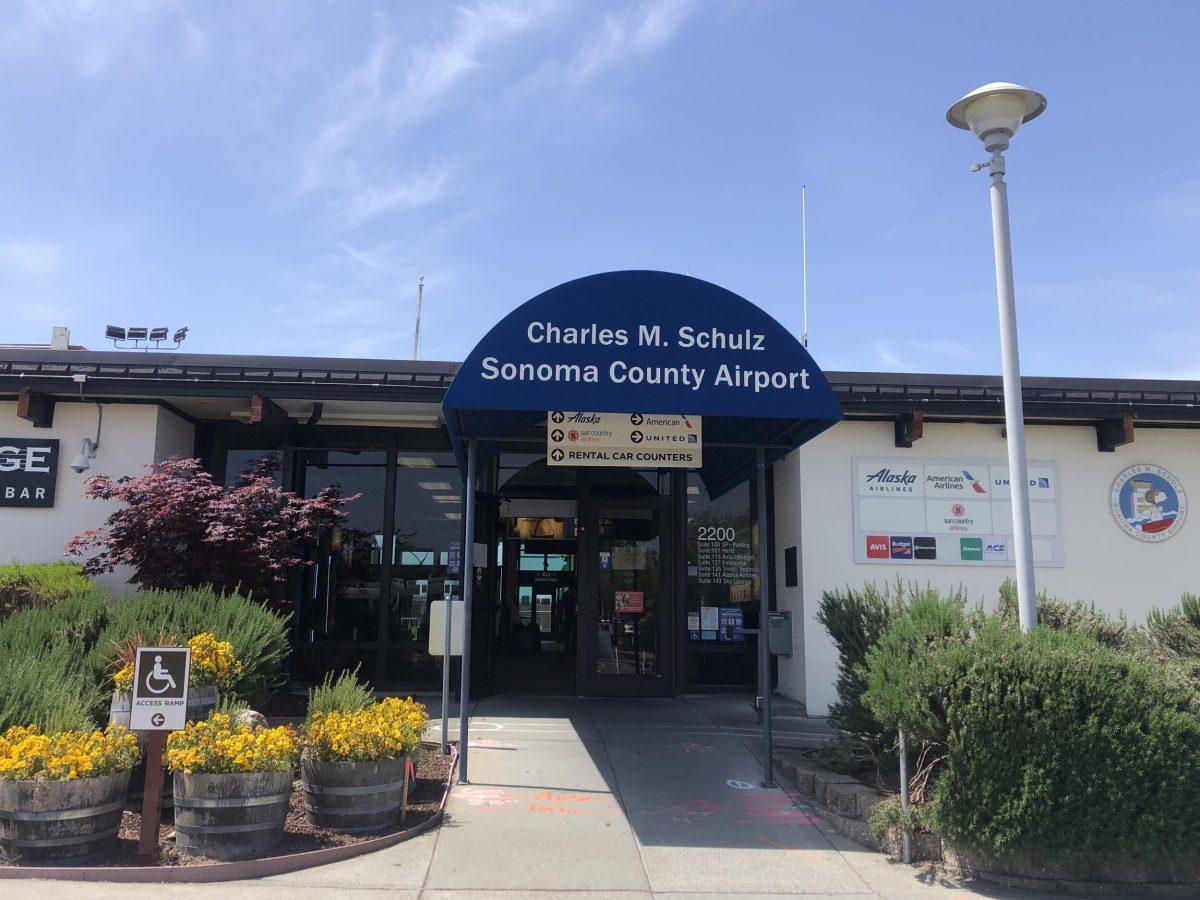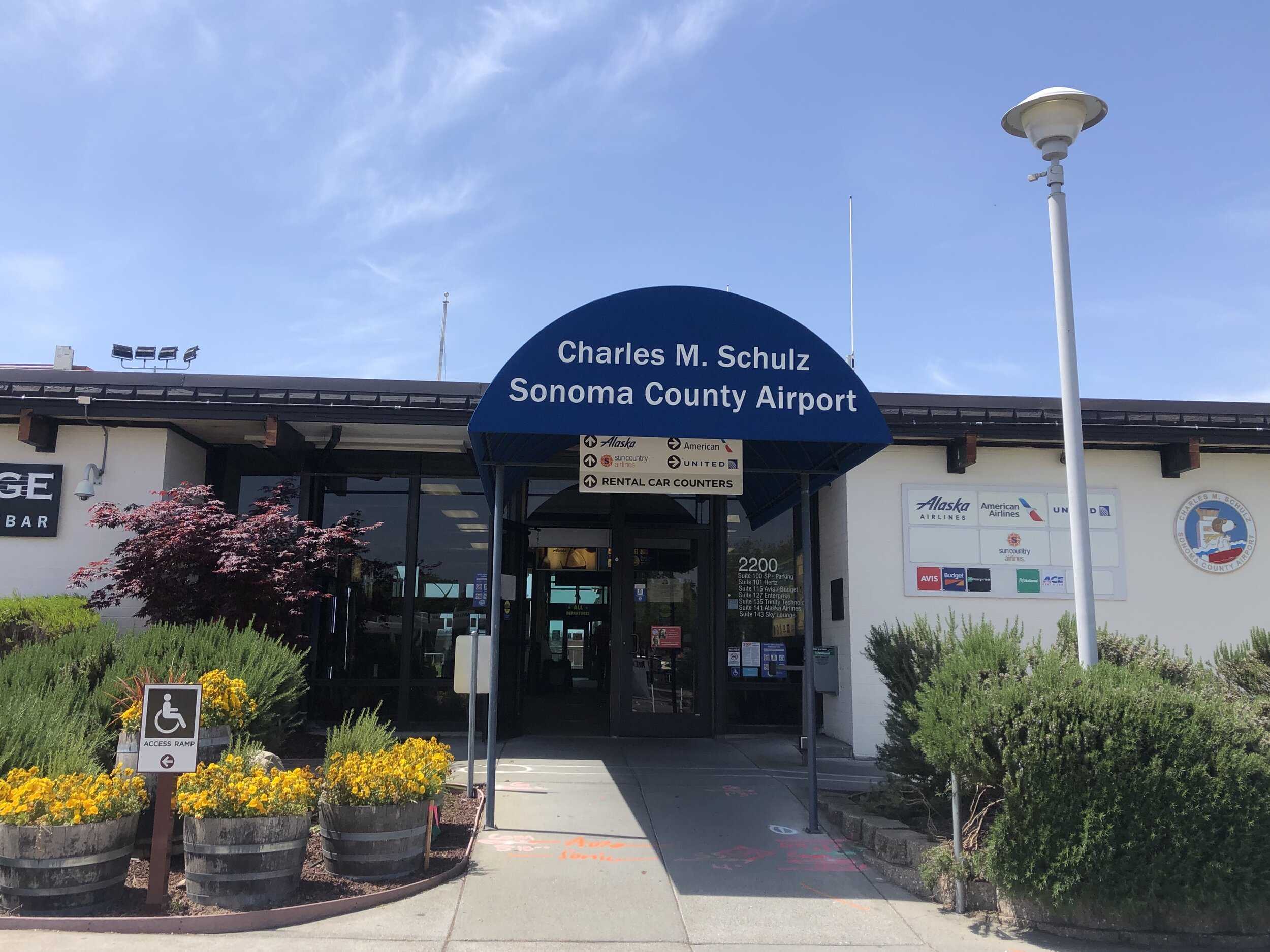In an update on April 2, the CDC announced that fully vaccinated people can now resume domestic travel without getting tested before or after travel and that they do not need to self-quarantine after travel. Fully vaccinated people also do not need to get tested before leaving the U.S. or self-quarantine when they return.
A little over a week since the April 15 opening of COVID-19 vaccinations to anyone 16 years or older, 30.9% of Sonoma County residents aged 16-24 are either partially or fully vaccinated.
Someone is considered fully vaccinated by the Centers for Disease Control and Prevention (CDC) two weeks after their second dose of the Moderna or Pfizer vaccines or two weeks after their single dose of the Johnson & Johnson vaccine. The CDC has released some guidelines on what fully vaccinated people can do with their newfound protection as well as the precautions they should continue to follow.
According to the CDC, fully vaccinated people can visit other fully vaccinated people indoors without masks or social distancing. Fully vaccinated people can also visit unvaccinated people from a single household who are at low risk for severe COVID-19 infection indoors without the usual precautions.
As far as precautions that fully vaccinated people should continue to take, the CDC encourages everyone to wear a mask and social distance while in public or when visiting unvaccinated people who are at higher risk for severe COVID-19 infection. The CDC also recommends avoiding medium to large-sized in-person gatherings and to get tested for COVID-19 if you are showing symptoms.
For anyone curious about what may happen after getting the COVID-19 vaccine, the CDC said that common side effects include pain, redness and swelling in the arm that received the vaccine as well as tiredness, headache, muscle pain, chills, fever and nausea. If symptoms last longer than a few days or something doesn’t feel right, the CDC recommends seeing a doctor.
Caitlin Aaron-Vadnais is a third year at SSU and has been fully vaccinated for a couple of weeks. Aaron-Vadnais spoke of her vaccination experience, “When I was getting my vaccine I had an overwhelming sense of joy wash over me, and I would be lying if I said I didn’t shed a few silent tears… One of my favorite things that I’ve been able to do since getting it is see my family again and give them hugs. I can’t put into words how much that meant to me.”
The past year has been tragic and uncertain, leaving a lot of students unsure of what will happen next. The University is taking a step to create a safe environment on campus for faculty and students. As Aaron-Vadnais said, “For the first time in a long time, I feel truly hopeful.”
Kiera Moran, SSU senior, has received her first dose of the Pfizer vaccine. She only experienced soreness in her arm. Moran said, “I’m just glad that I can get this vaccine and feel safer in my community.”
Moran mentioned that living in San Diego, she had some trouble getting an appointment to get vaccinated. On April 15 with the mandate that anyone 16 years old and up can get vaccinated, Moran quickly made an appointment.
When asked about her plans to travel when she is fully vaccinated, Moran said, “I love road trips and it’s such an easy way to travel, especially with friends and family.” With summer around the corner and the California reopening on June 15, travel may be in many SSU students’ futures.




































